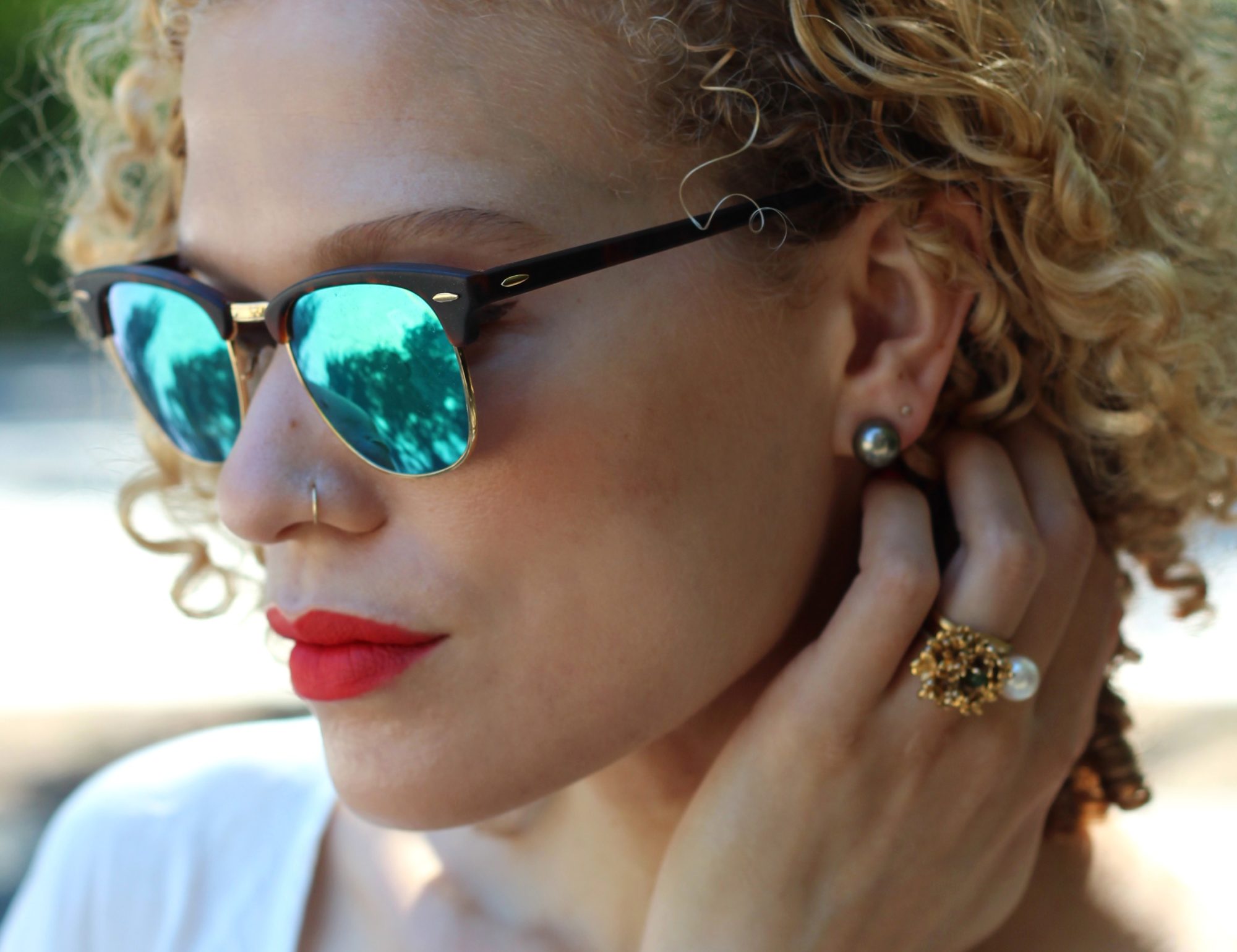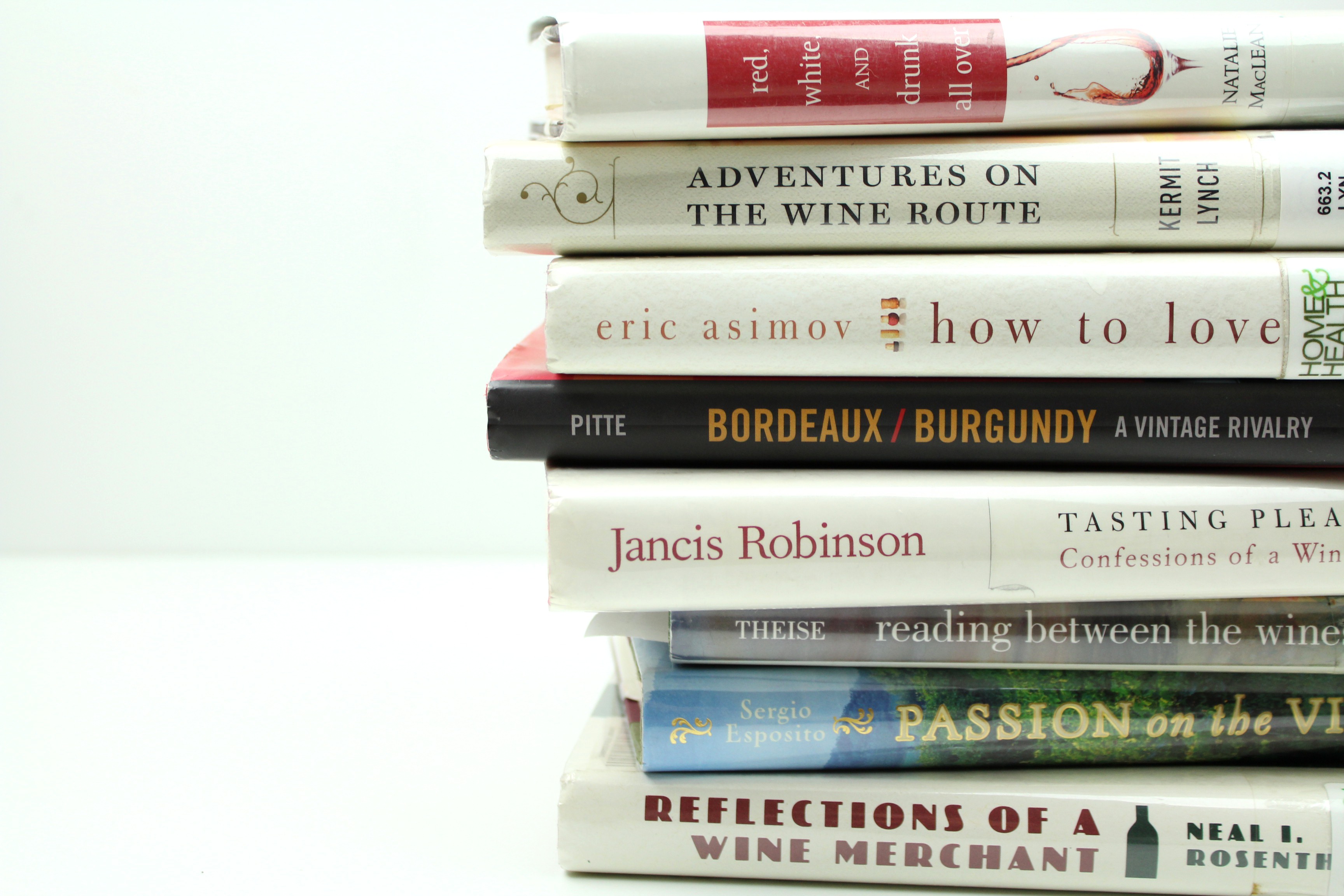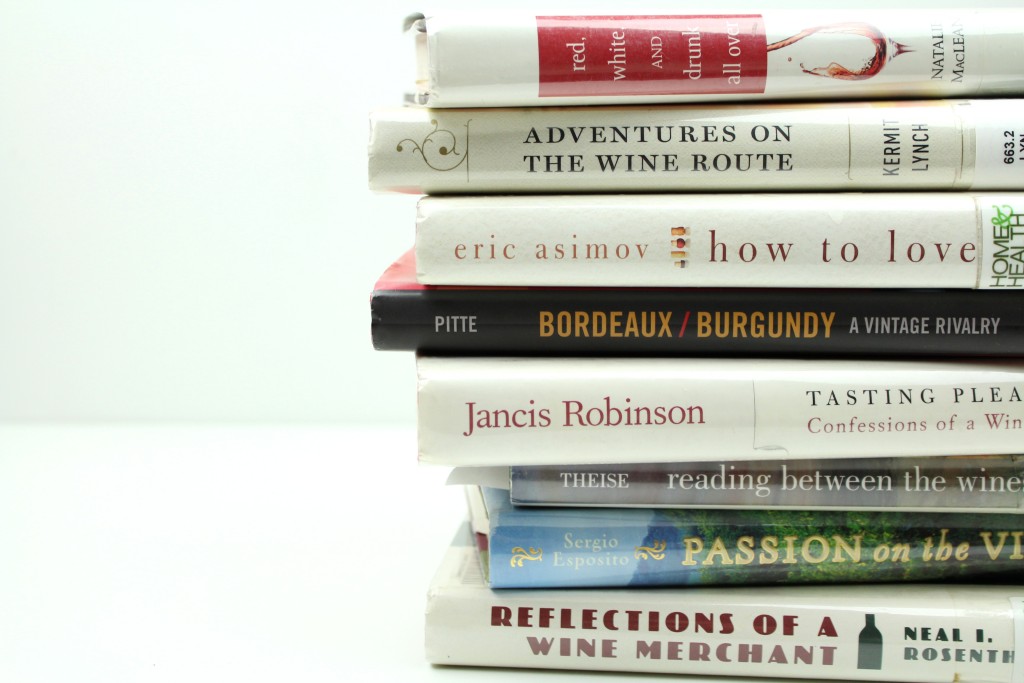I’ve failed to include reading for a long while, a bit of a shame as I’ve been reading so many things I would recommend. Let the jury note a general resolution to improve on this front. What I’m reading tends to be a more or less direct reflection of what is occupying me, and what I find important and interesting from one month to the next. I have long believed that reading is the most important activity I do, and I grow increasingly dimwitted when I neglect it.

Coming to My Senses, Alyssa Harad — This is a wonderful story about the awakening of Harad’s passion for perfume intertwined with thoughts about beauty and identity that are relevant to us all, and especially to women, whose relationship to beauty (to an abstract, artistic concept of beauty as well as a commercial, mainstream concept of beauty) is so complex and, in many ways, problematic. Harad writes eloquently about her own journey, and any of you secret perfume obsessives out there—of which I am a not so secret one, but even readers here (and even good friends) cannot begin to imagine the true volumes of perfume in my possession—will surely identify with her. A delightful read, and I suggest following her on twitter as well. One great result of reading this is the irresistible urge to dig out perfume samples, buy new perfume samples, and think with still greater (and variously focused) attention about perfume and beauty. This is directly related to the larger questions of what makes art art and what makes the beautiful beautiful that has been humming along in relation to the painting I’ve been doing, which I will have to get into another time.
Middle Passage, Charles Johnson—I’m about a quarter in here and it is already a riveting, deeply ominous narrative. A fictional account of a New Orleans thief stowing away on what turns out to be a slave ship collecting and transporting slaves from Africa. I’ve read enough about this novel to know it’s only going to get more gruesome. Excellent, if we want to call such a grisly story about such a awful subject excellent…thanks to GeekOutsider for prompting me to push this to the top of the list.
Levels of the Game, John McPhee—As I was reading this I couldn’t stop thinking, ‘this is so good!!’ McPhee is, on the surface, describing a semi-final match in the 1968 U.S. Open. The face-off (I wasn’t familiar with either player before reading this), fantastic tennis writing in its own right, is brilliantly interleaved with biographical, social, and historical context. You don’t need to be that into tennis to appreciate what this is: an attentive, informative, wonderfully researched, insightful essay. The format reminded me of L. Jon Wertheim’s Strokes of Genius: Federer, Nadal, and the Greatest Match Ever Played, a play-by-play of the 2008 Wimbledon men’s final. Wertheim’s account of the match (extremely detailed, with certain dramatic points described at length) is similarly interrupted to provide context – I’m convinced he’s standing on McPhee’s shoulders. It’s also an interesting read and one I enjoyed a lot (I read it twice!) but it pales in comparison to Levels style and subtle humor, and has nothing like the cocktail of social tensions surrounding the ’68 match. There is little I enjoy more than putting myself in the hands of a brilliant essayist.
My Struggle: Book Two, Karl Ove Knausgaard—A strange, compelling autobiography on the model of Remembrance of Things Past, that is, an exhaustively detailed, sharp-eyed reflection of his remembered life. Knausgaard is of course not Proust, but we would not want him to be, he is thoroughly himself. The powers of description that help me to trust his narration (I mean, put my trust in him as a reader (I mean, keep reading)) are all the more effective paired with his grim (at times grim, at times provocative), relentless honesty. Already I am enjoying Book Two, focusing on his romantic and family life, more than Book One (also massive), which chronicled his childhood and the death of his father. Interesting too that he is speaking in such detail of cultures – Norwegian, then later Swedish – so foreign to me, beyond the fascination of speaking in such detail of a life so foreign to me. A kind of life. Incidentally, the work, some six volumes in total, is a literary sensation. Not hard to see why.
x



